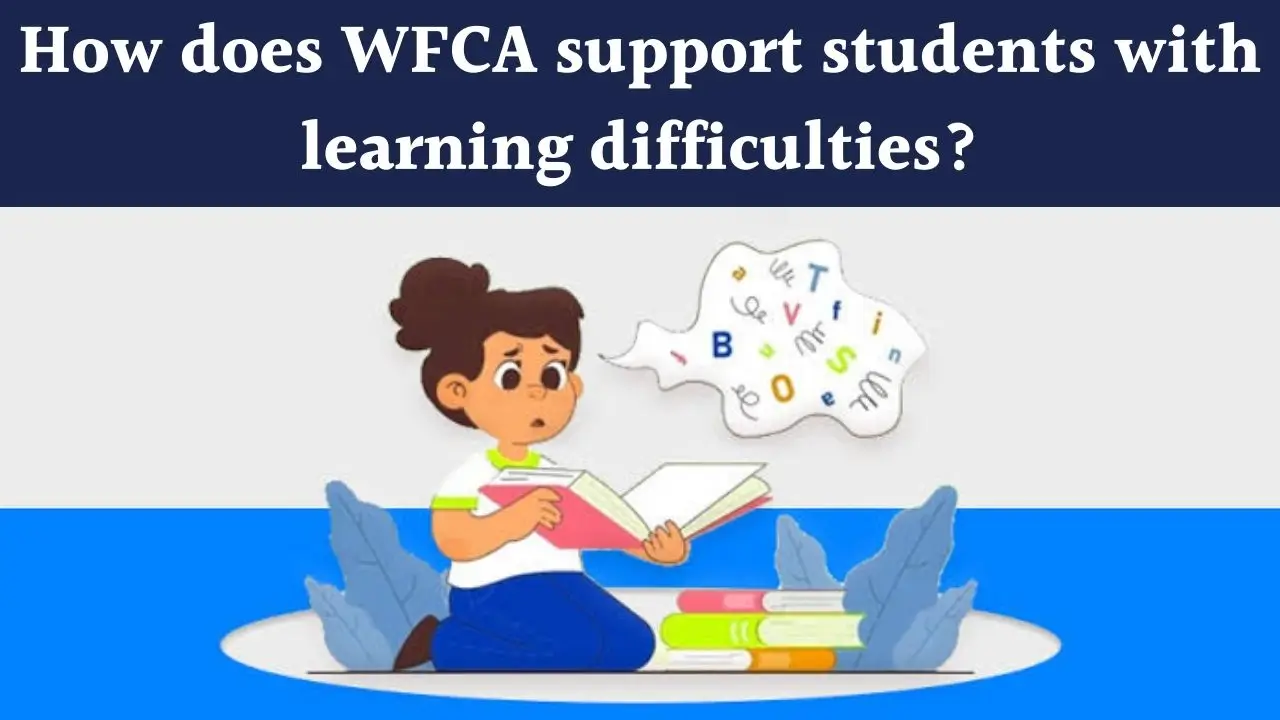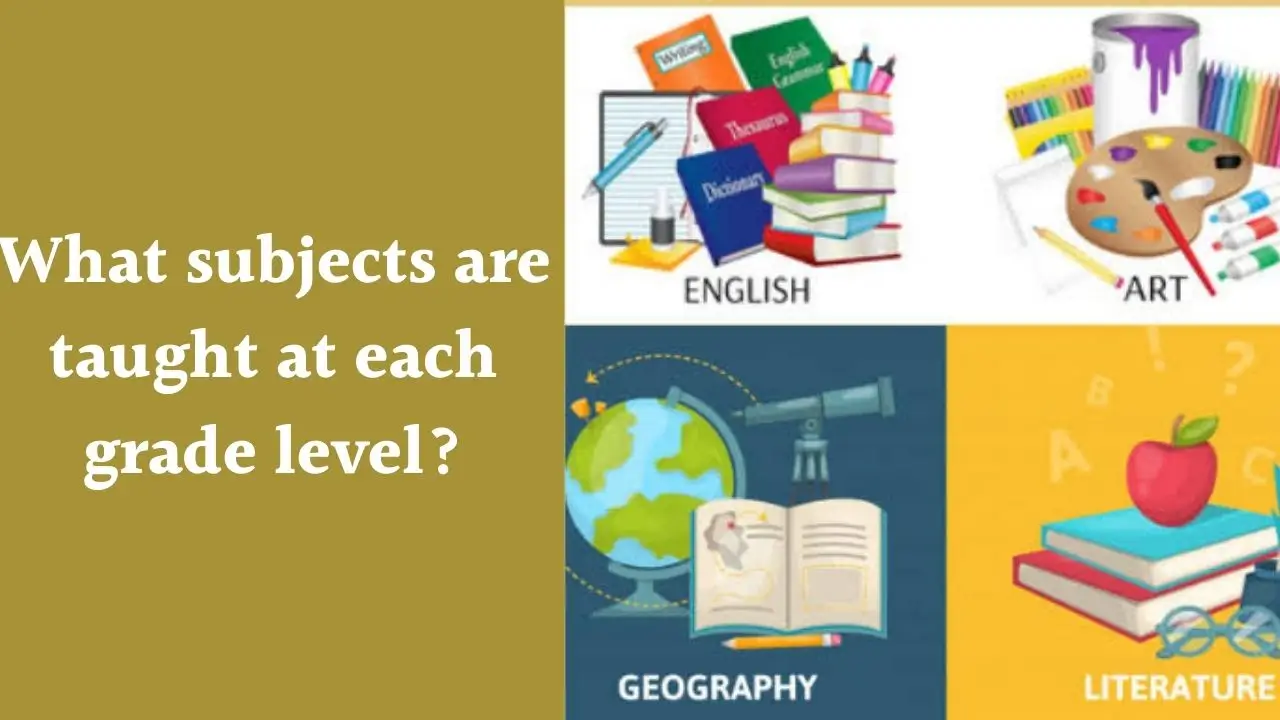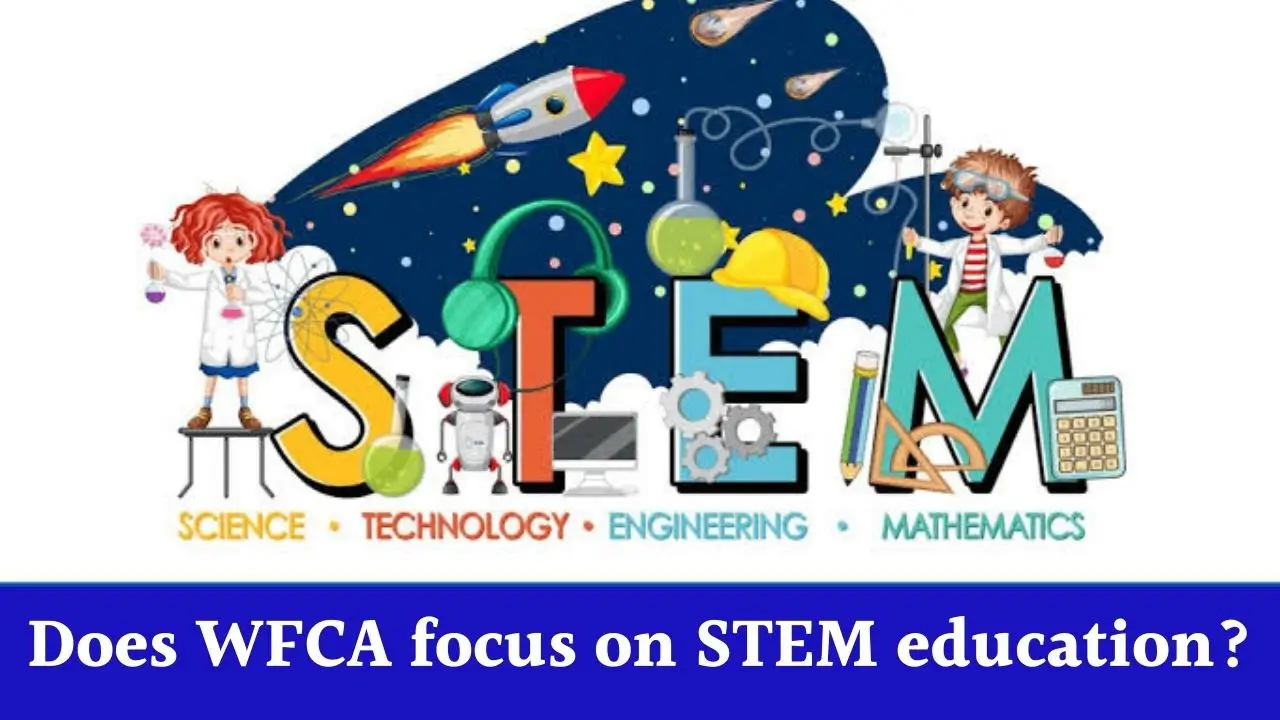Education plays a transformative role in shaping the future of young learners, and for students with learning difficulties, access to personalized approaches is vital. Word of Faith Christian Academy (WFCA) has earned recognition for creating a nurturing, faith-based environment where children with diverse learning needs are supported holistically. By combining academic excellence, spiritual growth, and individualized assistance, WFCA strives to ensure that every student reaches their God-given potential.
A Faith-Based Commitment to Inclusive Education
WFCA’s foundation is rooted in Christian principles, emphasizing the value of each child as uniquely created with abilities and talents. This faith-centered perspective encourages compassion, patience, and perseverance when addressing the challenges faced by students with learning difficulties. The Academy’s philosophy frames every program as an opportunity for growth rather than as a limitation.
Core Educational Belief
- Every student can learn given the right tools and guidance.
- Academic programs should be adaptable to meet varied learning needs.
- Spiritual development nurtures resilience and self-confidence.
- A partnership between teachers, families, and faith creates a supportive environment.
Special Support Programs for Students with Learning Difficulties
WFCA has established structured strategies, tailored interventions, and targeted resources for students who require additional support. Below are some of the central components that enable students to thrive despite their learning challenges.
Individualized Education Planning (IEP)
Teachers collaborate with parents and specialized staff to create Individualized Education Plans. These plans outline each student’s strengths, difficulties, and recommended learning strategies, ensuring that progress is monitored consistently.
Small Group Instruction
Smaller class sizes and targeted group sessions give struggling learners the focused attention they need. The environment fosters understanding, patience, and the freedom to ask questions without hesitation.
Use of Technology
Assistive technology tools such as reading software, speech-to-text programs, and interactive learning platforms are integrated into the classroom. These resources help bridge gaps for students who may face challenges with traditional methods.
Peer Mentorship and Tutoring
Older students, peers, and trained mentors provide tutoring and encouragement through structured mentorship programs. This not only assists learners academically but also boosts their confidence socially.
Table: Key Areas of Support for Students with Learning Difficulties at WFCA
| Area of Support | Initiatives Implemented |
|---|---|
| Academic Support | IEPs, small group instruction, differentiated teaching |
| Technology Integration | Assistive devices, learning apps, speech-to-text tools |
| Emotional & Spiritual Growth | Faith-based counseling, prayer groups, mentorship |
| Teacher Training | Professional workshops, special education strategies |
| Parental Involvement | Regular meetings, progress reviews, family workshops |
| Extracurricular Inclusion | Modified sports participation, creative arts programs |
Empowering Teachers to Handle Diverse Classrooms
Recognizing that teachers are central to the success of these programs, WFCA invests in continuous professional development. Teachers attend workshops that introduce them to the newest teaching strategies for students with dyslexia, ADHD, or other learning difficulties. These sessions equip educators with patience, resourcefulness, and faith-driven techniques to foster inclusive classrooms.
Teacher Training Focus Areas
- Classroom management for mixed-ability settings
- Instructional methods based on multi-sensory learning
- Early identification of learning difficulties
- Counseling strategies to deal with student frustration
Role of Faith in Overcoming Learning Barriers
At WFCA, faith is not separate from education but deeply woven into it. Students struggling with academic challenges find comfort in prayer, Bible-based motivation, and a community that emphasizes perseverance. Counselors encourage students to apply biblical principles such as patience, diligence, and hope when confronting learning obstacles.
Key spiritual practices supporting students include:
- Daily devotions for motivation
- Scripture-based affirmations reinforcing self-worth
- Prayer groups that provide emotional support
Parental Empowerment and Collaboration
Parents of children with learning difficulties often need tools and encouragement to support their child’s education at home. WFCA bridges this gap by providing informational seminars, regular progress updates, and workshops on effective home-learning techniques. This partnership ensures learning doesn’t stop at the classroom door.
Benefits of Parental Collaboration
- Parents are updated on realistic academic goals.
- Consistency in learning methods between school and home.
- Emotional support for parents navigating challenges themselves.
Latest Updates on Support for Learning Difficulties at WFCA
In recent years, WFCA has expanded its resources and methodologies to adapt to new educational needs. Several updates reflect the Academy’s growth in supporting inclusivity:
- Digital Classrooms: Increased use of virtual platforms and apps to make lessons more interactive for students with attention or memory concerns.
- Expanded Special Education Staff: New specialists in speech therapy, occupational therapy, and reading intervention have been added to the faculty.
- Parental Engagement Portals: Online portals now allow parents to track their child’s performance in real-time and communicate quickly with teachers.
- Life Skills Programs: WFCA emphasizes practical skills such as time management, self-discipline, and organization to aid students beyond academics.
- Mental Health Awareness: Integrating emotional wellness initiatives, counseling, and workshops to address stress, anxiety, and confidence issues among students.
Extracurricular and Holistic Development
Academic lessons are only one part of a child’s development. WFCA ensures that students with learning difficulties also engage in extracurricular opportunities, promoting creativity, teamwork, and physical activity without feeling excluded.
Activities Encouraged for Special Learners
- Creative arts programs such as music, drawing, and drama
- Sports with modified participation levels
- Bible study groups offering community support
- Leadership opportunities in student-led initiatives
Impact of WFCA’s Approach
The result of Word of Faith Christian Academy’s model is a generation of learners who develop not only academic competence but also emotional resilience and spiritual strength. Families often note that their children feel valued and capable, even when learning challenges remain part of their journey. The Academy’s holistic approach reflects the belief that success is not defined solely by grades but also by perseverance, character, and faith.
Student Outcomes Observed
- Improved self-confidence and motivation
- Academic progress tailored to each student’s pace
- Increased parental satisfaction with collaborative strategies
- Greater involvement of students in school life without stigmatization
Conclusion
Word of Faith Christian Academy demonstrates that supporting students with learning difficulties requires more than academic intervention. It demands compassion, innovation, faith-driven encouragement, and community participation. By offering individualized educational programs, empowering teachers, involving families, and instilling a strong foundation in faith, WFCA arises as a shining example of inclusive Christian education.
Every child has the potential to succeed, and with structured support paired with spiritual nurturing, WFCA proves that learning difficulties need not stand in the way of future achievement.












